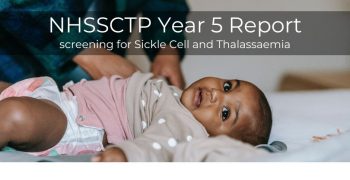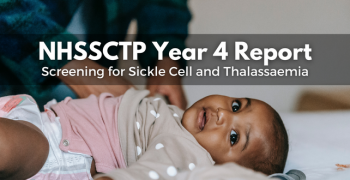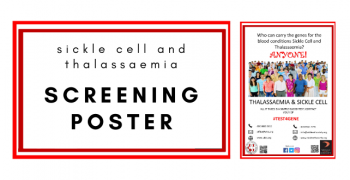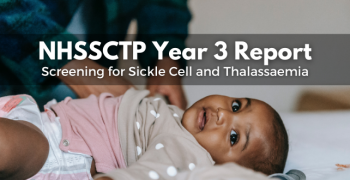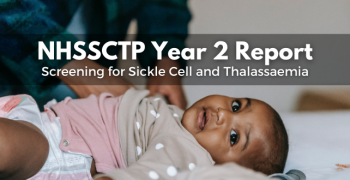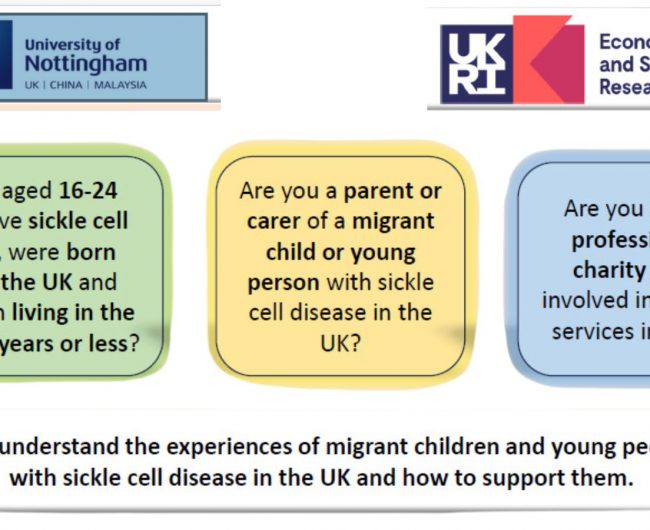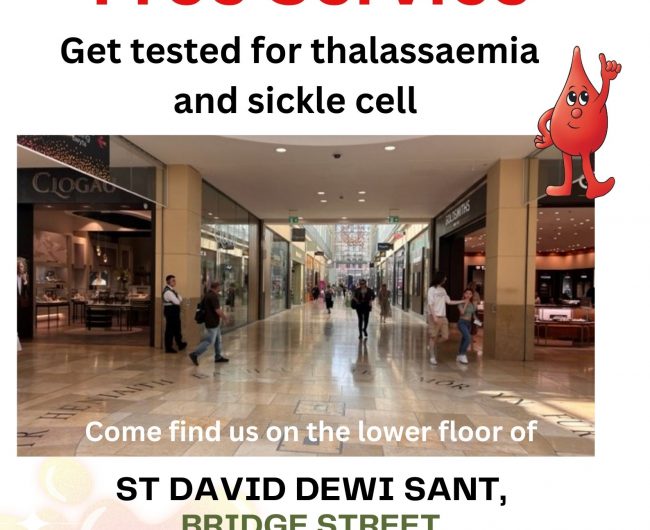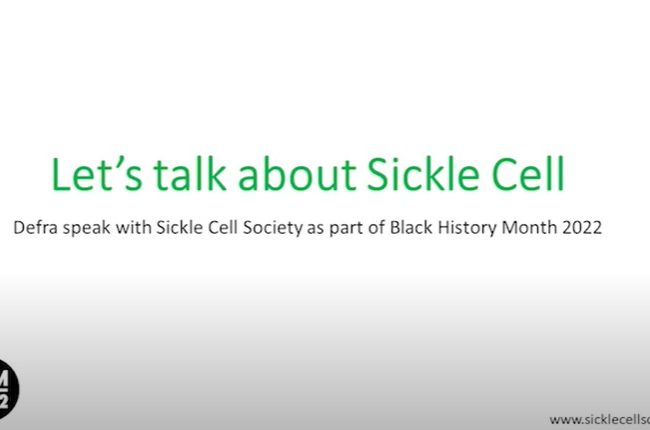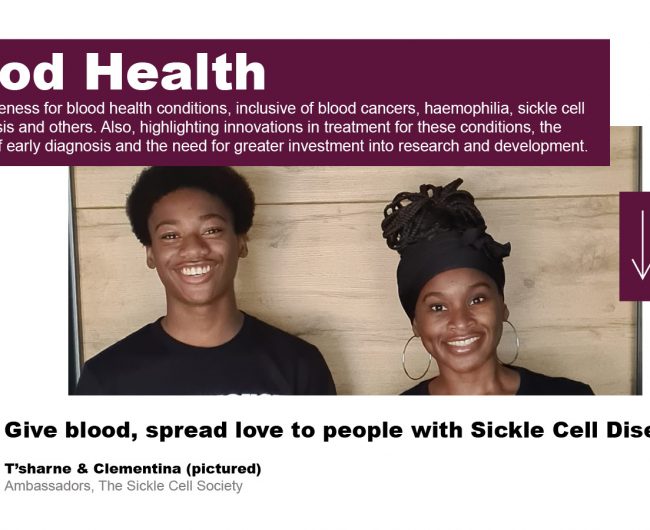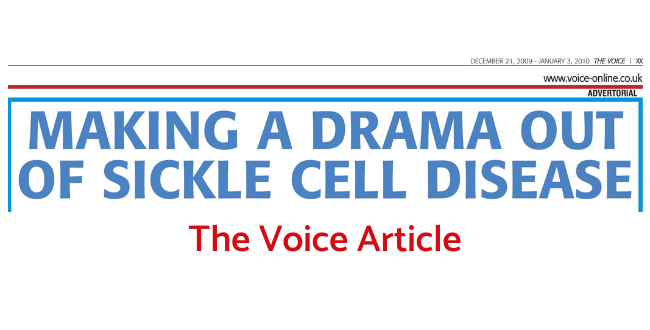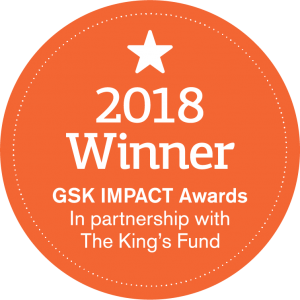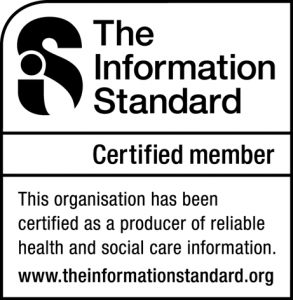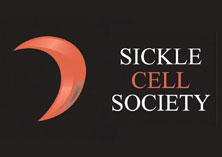
- Information and Support
- About Sickle Cell and Trait
- CAMPAIGNING
- Blood Donation
- Children’s Activities
- Clinical Trials and Research
- Coronavirus (COVID-19)
- Parvo Virus and Sickle Cell
- Hackney Engagement Project
- Helpline
- Heritage Project
- Mentoring
- Resources
- Screening Programme
- Self Over Sickle
- Support Groups and Local Services
- About Us
- Get Involved
- News & Contact
- Help and Advice
- DONATE NOW
Screening for Sickle Cell and Thalassaemia
Home » Screening for Sickle Cell and Thalassaemia
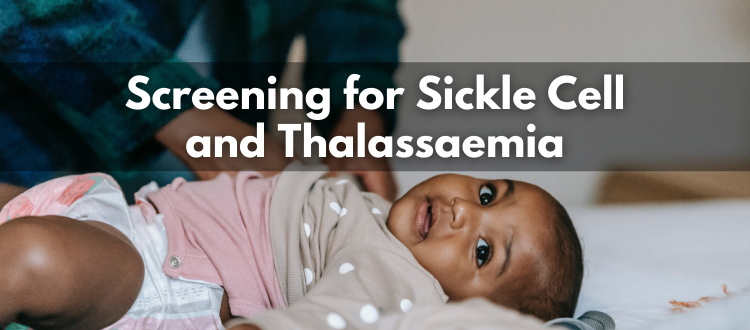
Screening for sickle cell and thalassaemia
Introduction
The Sickle Cell Society was part of the lobby for a screening programme in England and this resulted in the NHS Plan 2000 one liner which stated:
“By 2004 there will be effective and appropriate screening programmes for women and children including a new national linked antenatal and neonatal screening programme for haemoglobinopathy and sickle cell disease”.
As a result of this, the NHS developed and implemented a Sickle Cell and Thalassaemia Screening Programme which is now used as a model for other screening programmes across the world. The Mission Statement of the NHS Sickle Cell and Thalassaemia Screening Programme (NHS SCT Screening Prgramme) was to develop a linked programme of high quality screening and care in order to:
- support people to make informed choices during pregnancy and before conception
- improve infant health through prompt identification of affected babies
- provide high quality and accessible care throughout England
- promote greater understanding and awareness of the disorders and the value of screening
The NHS SCT Screening Programme
Antenatal screening (i.e. during pregnancy) is offered to find out if you’re a carrier of a gene for sickle cell or thalassaemia and therefore likely to pass it on to your baby. It is done by a blood test and if the mother-to-be carries a gene for sickle cell (or thalassaemia) the father-to-be is invited for testing. If he also carries the gene they are known as ‘carriers’ and an ‘at-risk’ couple as there is a 25% chance their baby could be born with sickle cell. (The chance will be higher if one of them has sickle cell disease and the other is a carrier). The parents-to-be will then go through antenatal counselling which provides information for them to make an informed choice about the pregnancy. Some areas (e.g. London, Birmingham) which have a high prevalence of sickle cell have Specialist Sickle Cell Nurse Counsellors who do the counselling.
Newborn Screening (also known as neonatal screening) for sickle cell is offered as a heel-prick test to newborn babies and also to children up to 12 months of age, which is particularly useful for recently arrived babies or those who have moved in from a different area. If a baby is diagnosed with sickle cell then the relevant care and education can be put into place. If the baby is a ‘carrier’ or ‘trait’ (i.e. has just one copy of the sickle cell gene) and the mother was not found to be a carrier when she was screened in pregnancy (in which case the father would not have been invited for screening), then the newborn baby’s sickle gene came from the father. Sometimes this is how fathers first find out they carry the gene.
Preconception Testing means being tested for the sickle cell gene before pregnancy. This is not part of the official NHS SCT Screening Programme but this testing helps partners plan their family, especially if they have family members known to carry the sickle cell gene. Preconception testing can be accessed via a GP or one of the NHS SCT screening centres.
The Sickle Cell Society Collaboration with The NHS SCT Screening Programme
The Sickle Cell Society as a ‘service user’ or ‘patient organisation’ has always played an important role from raising awareness and lobbying for a screening programme to helping with its development and ensuring it is serving the needs of its users.
Our collaboration with the NHS SCT Screening Programme has included:
- A Public Outreach Programme using The Family Legacy DVD
- Service user Engagement – focus /advisory groups
- Providing Expertise to Advisory or Working Groups
- Media Support
- Lobbying & Campaigning
- Social Research
- Policy & Resource Development
- Raising Awareness of a Newborn Outcome System
- Raising Awareness of the National Haemoglobinopathy Registry
- Raising Awareness of penicillin & immunisation
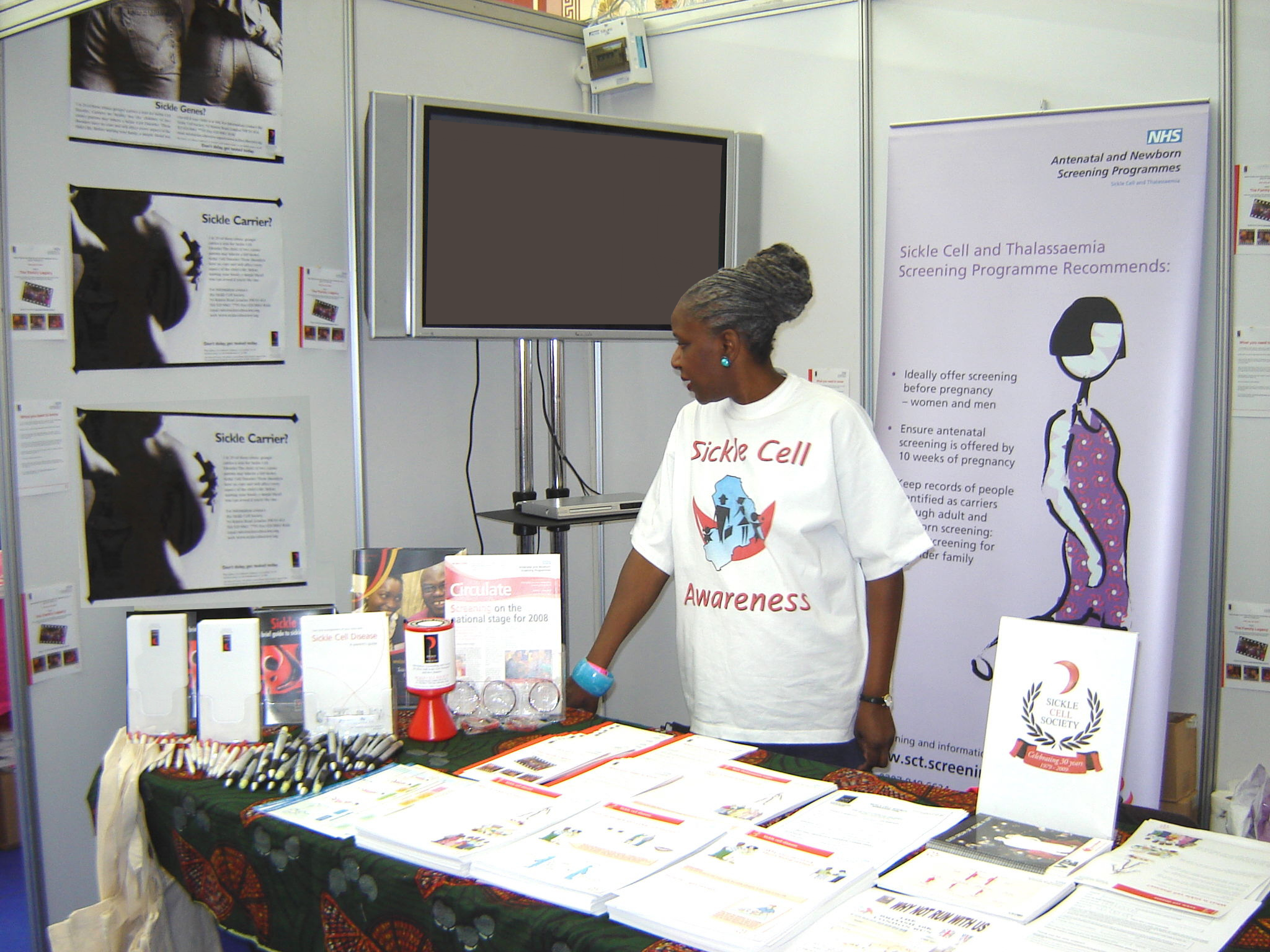
Since 2016 the Sickle Cell Society and UK Thalassaemia Society have worked on a joint contract commissioned by the NHS SCT Screening Programme to collaborate with them so as to ensure their service provision is meeting user needs and addressing any inequalities. Progress reports from this work can be downloaded below.
